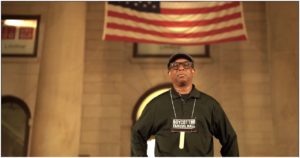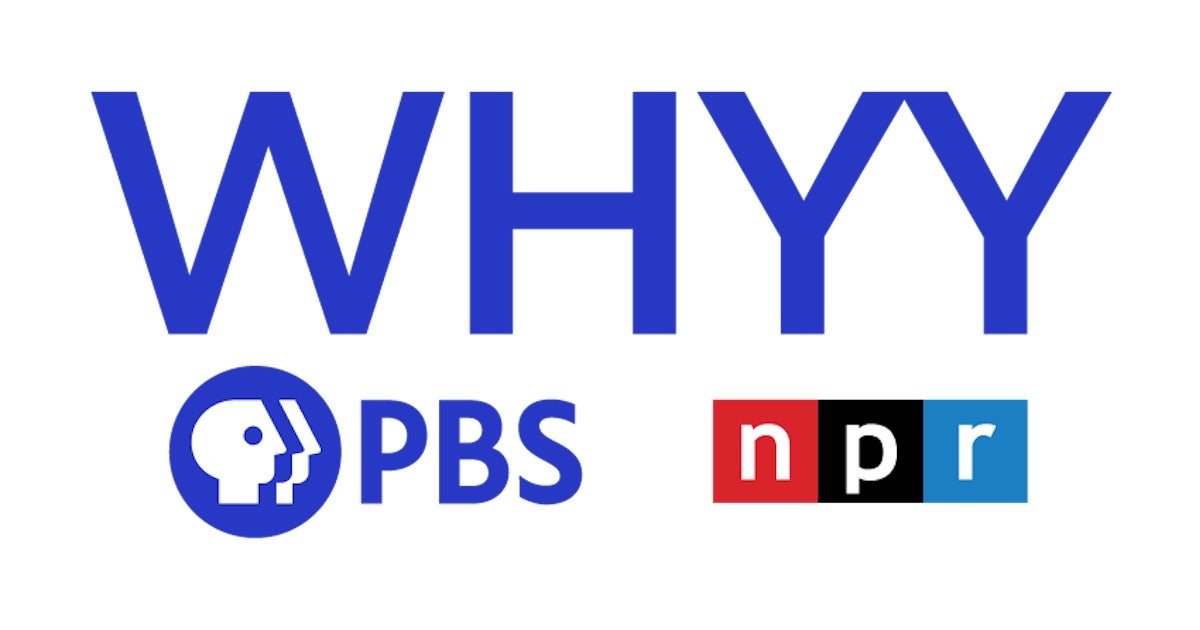Over 41,000 incidents of violence against school-age children were reported by the UN in 2024.
Countries with the highest levels of violations in were Israel and the Occupied Palestinian Territory, notably the Gaza Strip, the Democratic Republic of the Congo (DRC), Somalia, Nigeria, and Haiti.
In a message to mark the International Day to Protect Education, commemorated annually on 9 September, the UN Secretary-General, António Guterres said that “each violation carries profound consequences, not only for teachers and young learners, but for the future of entire communities and countries,” adding that “no child should risk death to learn.”
The UN chief’s Annual Report on Children and Armed Conflict for 2024 highlights not only an upsurge in attacks on schools but also a 34 per cent increase in rape and other forms of sexual violence perpetrated against children.
In addition, the number of children victims of what the UN calls grave violations increased by 17 per cent as a result of abduction, recruitment, and other types of violence, characterised by the UN as “an alarming escalation in brutality.”
Gaza children deprived of right to education
In Gaza where more than 2.3 million people have been displaced by the two-year-long war, 660,000 children remain out of school and classrooms have been converted into shelters.
“There is no education now. We live inside the school, where we are displaced, eating and sleeping,” said Diana, a child living in Gaza.
Despite the ongoing conflict more than 68,000 children in Gaza have been reached through temporary learning spaces offering education and psychosocial support.
The UN Children’s Fund, UNICEF, is also recycling pallets into school furniture and converting supplied boxes into tables and chairs.
© UNICEF/Oleksii Filippov
Boys play amidst the ruins of a school in Kharkiv, Ukraine.
Barriers to education in Ukraine
In Ukraine, 5.3 million children face barriers to education, and around 115,000 are completely out of school due to the ongoing war.
“1,850 facilities have been damaged since the beginning of the conflict,” said Nelson Rodrigues, Education Specialist at UNICEF.
With many schools on the front lines either closed or operating remotely, over 420,000 children attend school fully online, while one million use a hybrid model.
UNICEF has supported the rehabilitation of 57,000 war-affected school facilities, which has allowed a considerable number of children to return to the classroom.
The UN agency has also provided catch-up and remedial learning, enabling children to recover from disruptions and continue their education.
Meanwhile, between January and July of this year, the UN and its humanitarian partners have supported 370,000 children and teachers, mainly in front-line and host communities.
Respect schools
Parties to conflict anywhere in the world are obliged under international law, to respect schools as places of safety, and hold accountable those responsible for attacks.
“The pen, the book, and the classroom are all mightier than the sword,” said UN Secretary-General Guterres.
“Let’s keep it that way and protect the fundamental right of every child to learn in safety and peace.”







